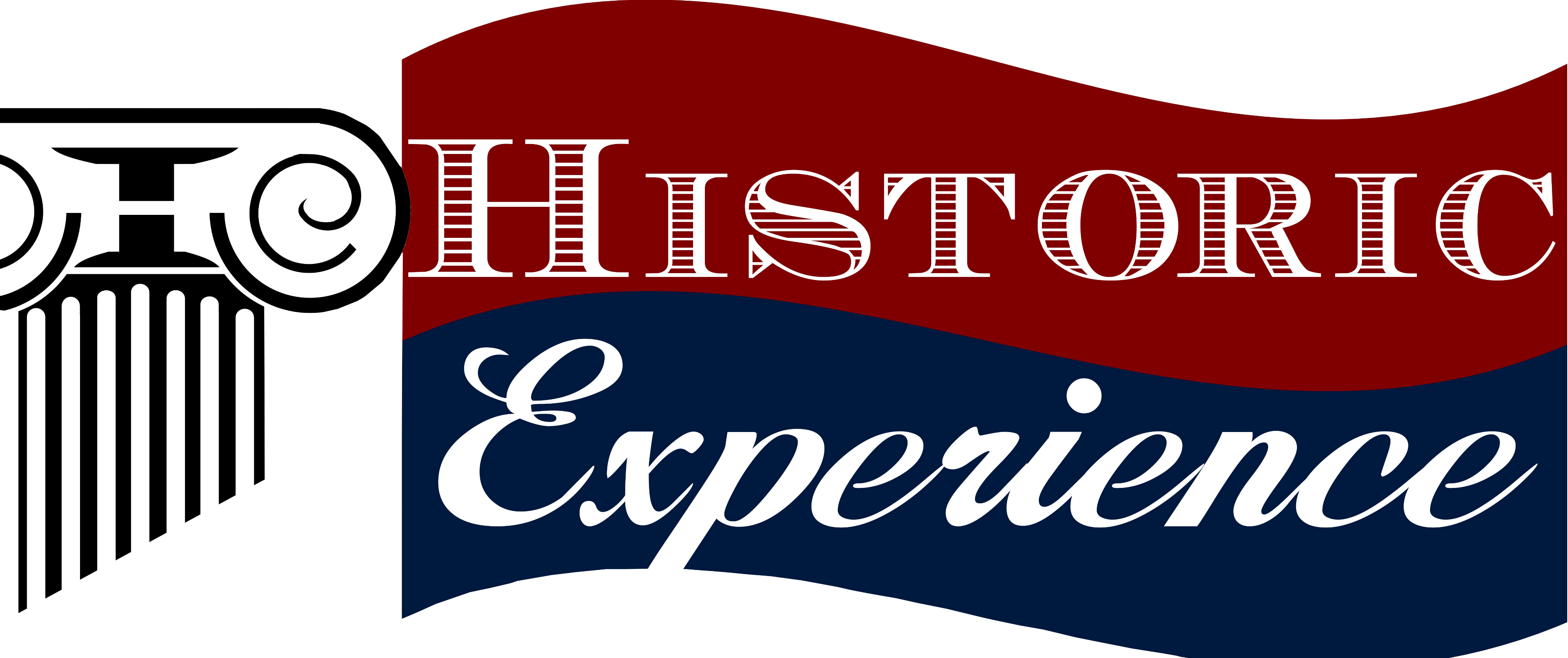February 22 -The Talents of George Washington
February 22 - the Talents of George Washington
John Adams had the challenge of being the President after George Washington. However, the second President still respected the first President – in his own way.
I’ll let him take it from here:
Adams had a very interesting relationship with Washington. Adams, as he mentioned, nominated the young Virginian colonel to head a yet fully banded Continental Army. Adams served as Washington’s Vice President, but scarcely was asked to give the President his counsel. And during Adams’ own term as President, he entreated a retired Washington to serve as Commander of the Army once again, during escalating tensions with France. But the Commander deferred most decisions to his second-in-command, Alexander Hamilton – the same Hamilton who worked to undermine Adams’ term of office at most every turn.
And yet, Adams did have respect for the man Washington. He was frustrated by the near demigod status that many in the nation seemed to place upon him. But they were in agreement on the necessity of a strong central government to truly unite the States. And they both believed that political factions would be a great detriment to the country.
Adams celebrated the good General’s life in a statement to Congress. And it seems to encapsulate Adams’ sincere, though perhaps grudging, respect for George Washington:
John Adams
Reply to Congress following Washington's death,
December 23, 1799.
The life of our Washington cannot suffer by a comparison with those of other countries who have been most celebrated and exalted by fame. The attributes and decorations of royalty could have only served to eclipse the majesty of those virtues which made him, from being a modest citizen, a more resplendent luminary. Misfortune, had he lived, could hereafter have sullied his glory only with those superficial minds, who, believing that characters and actions are marked by success alone, rarely deserve to enjoy it. Malice could never blast his honor, and envy made him a singular exception to her universal rule. For himself, he had lived enough to life and to glory. For his fellow-citizens, if their prayers could have been answered, he would have been immortal. For me, his departure is at a most unfortunate moment. Trusting, however, in the wise and righteous dominion of Providence over the passions of men, and the results of their counsels and actions, as well as over their lives, nothing remains for me but humble resignation.
His example is now complete, and it will teach wisdom and virtue to magistrates, citizens, and men, not only in the present age, but in future generations, as long as our history shall be read.
